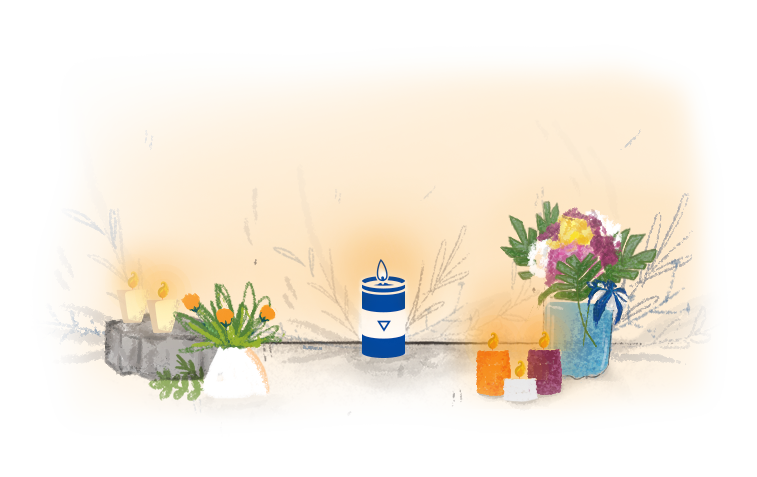
José Eduardo Trujillo Vanegas
19 Years Old - Driver

JOSÉ EDUARDO TRUJILLO VANEGAS
“The homeland is the homeland; we are from the death”
Killed in Managua on June 24, 2018
Native from the municipality of Tipitapa, driver of a “Caponera” (auto-rickshaw), he was known for always being smiling, cheerful, joking, helpful, popular in his neighborhood, lover of reggae music; he liked to dress well and to buy caps. Killed by receiving two bullets in the chest, on the afternoon of June 24, 2018, by a group of paramilitaries who shot him and two of his brothers, in the hunt launched against the youths who had supported the roadblocks, while passing through a street in the city of Tipitapa. José Eduardo Trujillo, his father says he had been involved in the protests since April 2018, he remembers his words: “The homeland is the homeland, we are of death”
José Eduardo was the eldest of the children from his father’s first marriage. “There were five of them, he got along well with the little ones.” When his parents separated, he was in the care of his father from the age of 15. He lived with him, his stepmother, and his four brothers. His father who works in a free trade zone company affirms, “We are a working family, we are all originally from Tipitapa in the Jorge Navarro neighborhood.”
José Eduardo studied at the Gaspar García Laviana School, in Tipitapa, until the sixth grade of primary school. He did not continue studying, he told me, “I already know how to read and write, and the high school graduates are working in the free zone company.” He started working in the caponeras when he was 16 years old,” says his father, who remembers him for his most outstanding characteristic, joy. “He was very cheerful, a joker, he was popular in the neighborhood. From the time he was a child until he was killed, he was always smiling, a joker, and he liked music, like reggae. When I hear reggae or when I see a Caponera it seems to me that I am going to see him arrive. He liked to buy hats and be well-dressed for his girlfriends. The three oldest brothers were in this together, with their flags and bracelets”.

Sr. José Eduardo Trujillo remembers that since the protests began his son got involved, and he only wore blue and white; He was always well reserved, my brothers told me, José was at the roadblocks, and I would say to him, “son please”, and he would answer me “Daddy we are from death.” He hardly came when I was in the house because I scolded him for not being there.
On the day of his murder, his father was restless as if he foresaw what would happen to his son. He was in his house when he was notified by a paternal aunt of José Eduardo, whose husband is a taxi driver and was one of the first to see José Eduardo wounded by a bullet. My sister called me, told me they wounded José. I thought it was a bullet in the leg, I never thought he was dead, and I went in a taxi and asked people if they knew about a boy who arrived shot, there they told me he was dead. When he was wounded, he told his brothers, “don’t let me die,” recalls his father with pain.
When he entered the hospital, he looked at the body of José Eduardo on a stretcher with a shot in the heart that also shows the epicrisis of death belonging to the family. “I threw myself on top of his body and I started to cry, when I lift my head there was a group of policemen and the doctor who told me that the body was going to Legal Medicine and I said no, what else were they going to do? to do, if it was a bullet in the heart that he had. ” I swear the policemen and told them to investigate if it was they who had killed him. “I took him to my house and in the neighborhood, they raised money for the memorial services. All the people, family, and friends arrived at the memorial services.His family had enormous solidarity from their neighbors who made arrangements to carry out the memorial services and the burial in the cemetery. “I go every other Sunday, every 20 days, 15 days, so that the grave doesn’t get lost in the shrubs ”, reveals his father.
I want to know more